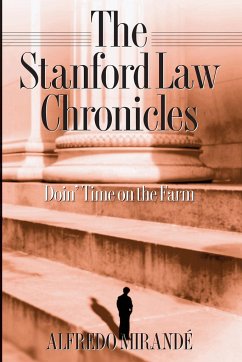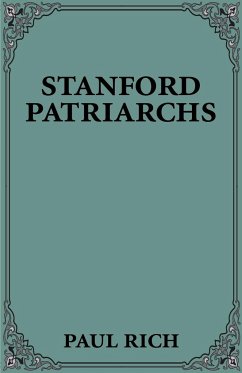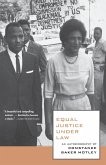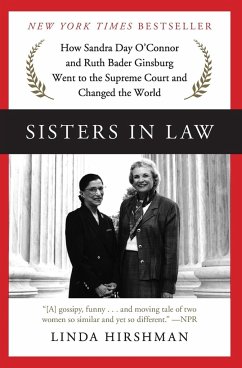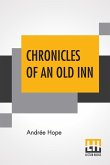"Alfredo Mirandé answers the question: What happens when a Latino heart ventures into the Anglo male head that is the Stanford Law School? 'En la tierra del ciego, el tuerto es rey' [In the land of the blind, the one-eyed person is king]. " -W. Frank Newton, President, Beaumont Foundation of America; former Dean of Texas Tech School of Law and President of the State Bar of Texas "Mirandé's story will engage readers, provoke conversations, and deepen our knowledge of legal education. It is quite a book." -Gerald López, New York University School of Law "Ten times better than the other stories of what it is like going through law school, Mirandé's book brings a social scientist's critical eye to what goes on in the classroom, to competition for grades and law review membership, to the way white students and professors treat students of color at an elite school, and to a minority student's struggle to make his legal education a force for social change. A sobering read and real page turner!" -Richard Delgado, University Distinguished Professor of Law and Derrick Bell Fellow, University of Pittsburgh In the midst of a long and distinguished academic career, Alfredo Mirandé left his position as professor of sociology and chair of ethnic studies at the University of California, Riverside, to attend law school at Stanford University. This book is both an extraordinary chronicle of the events in his life that led him to make this dramatic change and a comprehensive, first-person account of the law school experience, written by a person of color. Mirandé delivers a powerful and moving critique of the obstacles he encountered and of systematic attempts to strip him of his identity and culture. He also reflects on the implications of an increasing number of women and minority law school students for law and legal education. Covering all three years at Stanford, Mirandé describes the elitism and rigid hierarchies he encountered in the classroom and his resulting alienation and frustration. He also discusses law review, the Immigration Clinic where he successfully represented his first client, and the alternative Lawyering for Social Change curriculum that became a haven in an otherwise hostile environment. Interspersed with his account of law school are autobiographical snapshots and experiences, including that of the death of his brother, Héctor, which was the catalyst for his decision to pursue his childhood dream of attending law school and becoming a lawyer. This controversial book is certain to spark lively debate.
Hinweis: Dieser Artikel kann nur an eine deutsche Lieferadresse ausgeliefert werden.
Hinweis: Dieser Artikel kann nur an eine deutsche Lieferadresse ausgeliefert werden.

